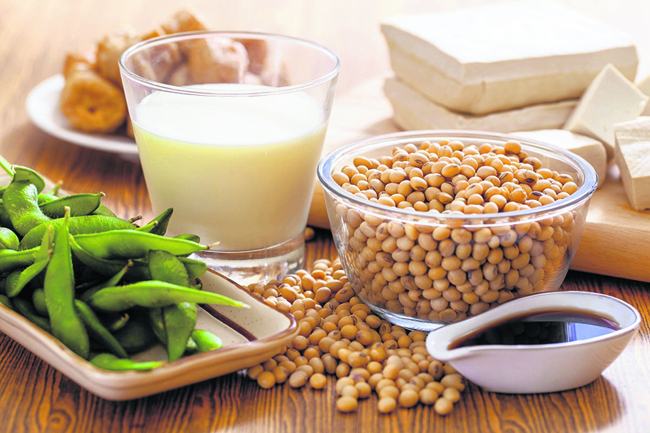Dieting doesn’t mean you have to starve yourself. Knowing how many calories you consume everyday goes a long way in helping you reduce your daily intake. It doesn’t have to be as restrictive and confusing as most people deem it to be. The Week talked to Binita Pant, dietician at Alka Hospital, to guide you through the process of staring a diet and leading a healthier life.
First steps
“Before you go on a diet, you need to find out your Body Mass Index (BMI) and your ideal body weight,” says Pant. This will help you determine how much energy your body needs in order to perform the daily basic functions and how much your body can metabolize in a day. Only then can you determine the diet you should have in order for you to lose weight as well as stay healthy throughout.
 Once you have determined your BMI, you can now decide on the things you need to eat in order to lose weight. Try to go on a plant based diet for as many days as you can. Eat meat and other dairy products during the weekends or just once or twice during the week, especially if you are someone who likes a good helping of “masu bhat” every single day.
Once you have determined your BMI, you can now decide on the things you need to eat in order to lose weight. Try to go on a plant based diet for as many days as you can. Eat meat and other dairy products during the weekends or just once or twice during the week, especially if you are someone who likes a good helping of “masu bhat” every single day.
Inside the Protein Bar: A Smart Outlook

Make simple changes
One of the things you need to keep in mind is that going on a diet doesn’t mean giving up all of your favorite food items. It is more about portion control. “There is no point on going on a diet only to give it up for a few days and then binge eating all of your favorite high calorie food later on,” says Pant. Instead, take it slow and decrease your portion as you go along. If you could eat a whole pizza by yourself, start with eating only half a pizza and a bowl of salad to fill you up. Eventually you can cut down to a slice or two of pizza when you start seeing how all these small things can make a difference in your reflection and the numbers on the scale.
Switch your white bread to whole wheat bread and keep in mind that it doesn’t mean the packaged ‘brown bread’ that nanglo distributes. Take a walk around your neighborhood and around your workplace and find a bakery that bakes fresh bread. If the bakery isn’t out of the way, you will not have much excuse to not get the fresh bake and opt for the mass produced bread.
If you were putting a whole packet of sugar in your tea or coffee, try putting just half a packet. As soon as you get used to the taste of lesser amount of sugar in your tea or coffee, cut down even further if you can. The best thing you can do, however, is completely switching to green tea. It has antioxidants that help boost your metabolism rate as well.
The basic idea behind starting diet plan and being successful at it is to incorporate small changes until they become a habit. Unless you do that, you are most likely to follow a diet plan for a few days at the most and then go back to your old ways. “We tend to make ambitious plans that are hard to maintain, and that’s why most diet plans fail,” explains Pant.
Food you shouldn’t miss out on
When you are well into your diet and have restricted your meat intake, remember that you have to get in the nutrients from other food groups. Include tofu and soya bean in your diet in order to have enough protein. Your body needs about 60 percent of carbohydrates, 15 to 20 percent of protein and 15 to 20 percent of healthy fats. Try out different varieties of brown rice before settling on a brand you like. “Brown rice has a higher dose of fibers as well as carbohydrate, which means you are essentially killing two birds with one stone,” says Pant.
Fruits such as avocado have healthy fats that will help curb your hunger for longer. Snack on six to seven almonds a day. In order to help your body digest it better, soak it in water overnight and consume it in the morning. “People who swap snacks like crackers with almonds have been known to lose more weight,” she says.
Water intake
You shouldn’t drink water the moment you have finished your meal. The digestion process begins in your mouth where 25 percent of your food is broken down. When we chew our food properly, enough saliva is produced to comfortably take your food to the stomach. Drinking water n between meals decreases the production of saliva. Carbohydrates when diluted with water turn into glucose faster. This means that the energy that would have been slowly metabolized speeds up and has higher chances of being turned into fat deposits. Try to drink lukewarm water 30 minutes before and after eating to help with the metabolism process and to minimize the chances of water interfering with the digestive process.



































